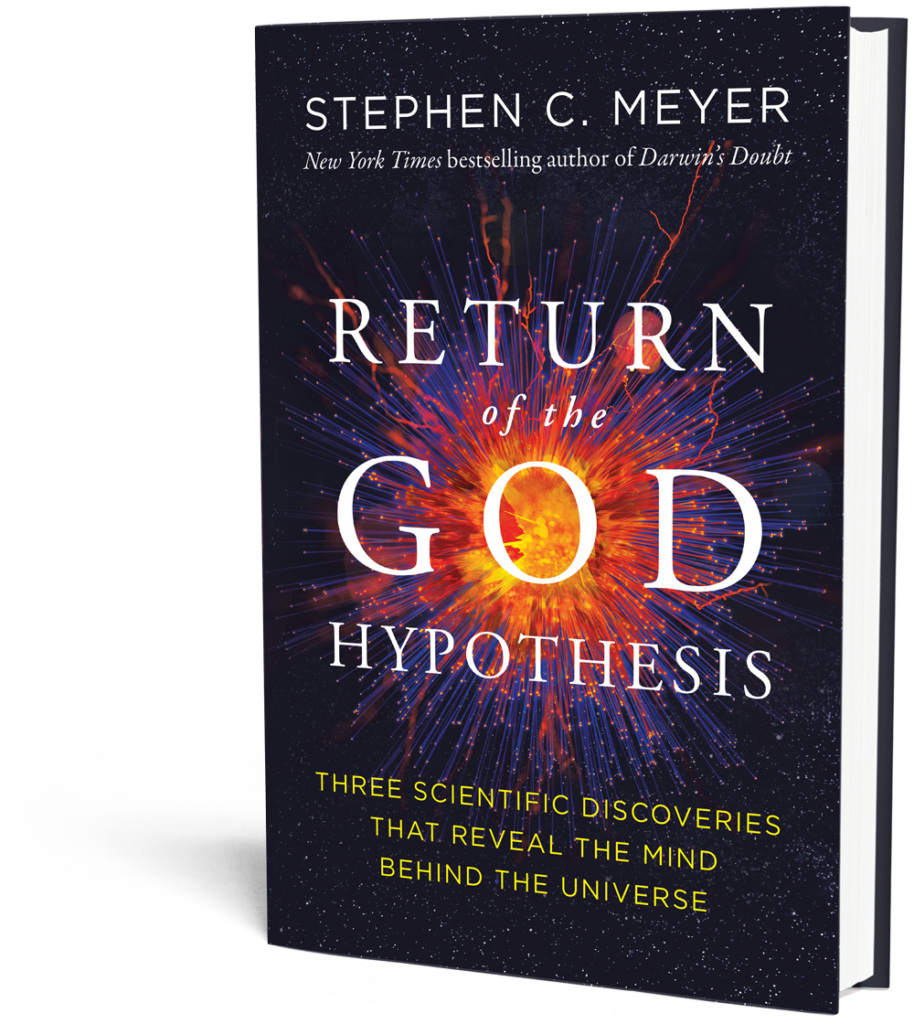
Groundbreaking astronomer Fred Hoyle was a staunch atheist but then he tried showing that carbon, essential to life, could form easily…
Stephen C. Meyer: Now, some of the most important fine tuning parameters were first discovered by Sir Fred Hoyle, a British Australian astronomer and astrophysicist. Hoyle was in his early career a staunch atheist. And in fact he was quoted as saying that, “Religion is but a desperate attempt to find an escape from the truly dreadful situation in which we find ourselves.” [Harper’s Magazine, 1951] He went on to say that people didn’t like him because he took away hope by saying things like that.
In any case, Hoyle was working on theories of how carbon formed. And he was struck by a big mystery, which is, why is there so much carbon in the universe? He realized that carbon was super important, because carbon forms, long chain-like molecules that are necessary for any form of life to exist. Without carbon there is no possibility of life.
News, “Has a superintellect monkeyed with our universe’s physics?” at Mind Matters News (August 14, 2022)
Takehome: It got worse for Hoyle: To form carbon at all, gravitational forces must be balanced just right with the electromagnetic forces. That’s just the start…
Steve Meyer is the author of The Return of the God Hypothesis.
Here’s the first portion of the talk: If DNA is a language, who is the speaker? Philosopher Steve Meyer talks about the significance of Francis Crick’s sequence hypothesis that showed that DNA is a language of life. What sort of speaker can utter a language that produces living beings? Is it a fluctuation of a multiverse or an intelligence that underlies nature?
You may also wish to read: Life is so wonderfully finely tuned that it’s frightening. A mathematician who uses statistical methods to model the fine tuning of molecular machines and systems in cells reflects… Every single cell is like a city that cannot function without a complex network of services that must all work together to maintain life.